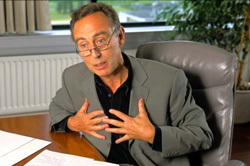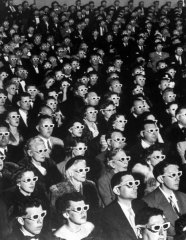Jan 29 2010
No Joint Assessment Needed in Reykjanes
 In September 2009, the Ministry of Environment overruled the Planning Agency’s verdic which stated that no joint Environmental Impact Assessment (EIA) is needed for the S-West Power Grid and the industry that it’s going to be providing for. The case was sent back to the Planning Agency for a more substansial treatment.
In September 2009, the Ministry of Environment overruled the Planning Agency’s verdic which stated that no joint Environmental Impact Assessment (EIA) is needed for the S-West Power Grid and the industry that it’s going to be providing for. The case was sent back to the Planning Agency for a more substansial treatment.
This ruling caused uproar amongst pro-indistrialists, who went so far as to claiming that Svandís Svavarsdóttir, the minister of environment, was guilty of both treason and terrorism against the people og Reykjanes, especially all the unemployed. All the medias jumped on the wagon with the industrialists, citing union bosses worrying about the unemployment rate, economists painting a bleak picture of a bankrupt future and interviews with unemplyed people worrying about their mortages. And all of it was Svandís’s fault.
Yesterday the Ministry of Environment confirmed the Planning Agency’s second verdict. The verdict’s the same, no joint EIA is needed for the projects on the SW peninsular. This means that all the balls are in the industrialists court now and the media is backing them up with quotes and interviews with indistrial workers and union bosses dreaming of a better future now that the way has been paved for projects like the enlargement of the Reykjanes Power Plant, Bitra Power Plant, Hverahlíða Power Plant, various data storages and an aluminium smelter and a silicon factory in Helguvík.

 Big dams have a serious record of social and environmental destruction, and there are many alternatives. So why are they still being built?
Big dams have a serious record of social and environmental destruction, and there are many alternatives. So why are they still being built?